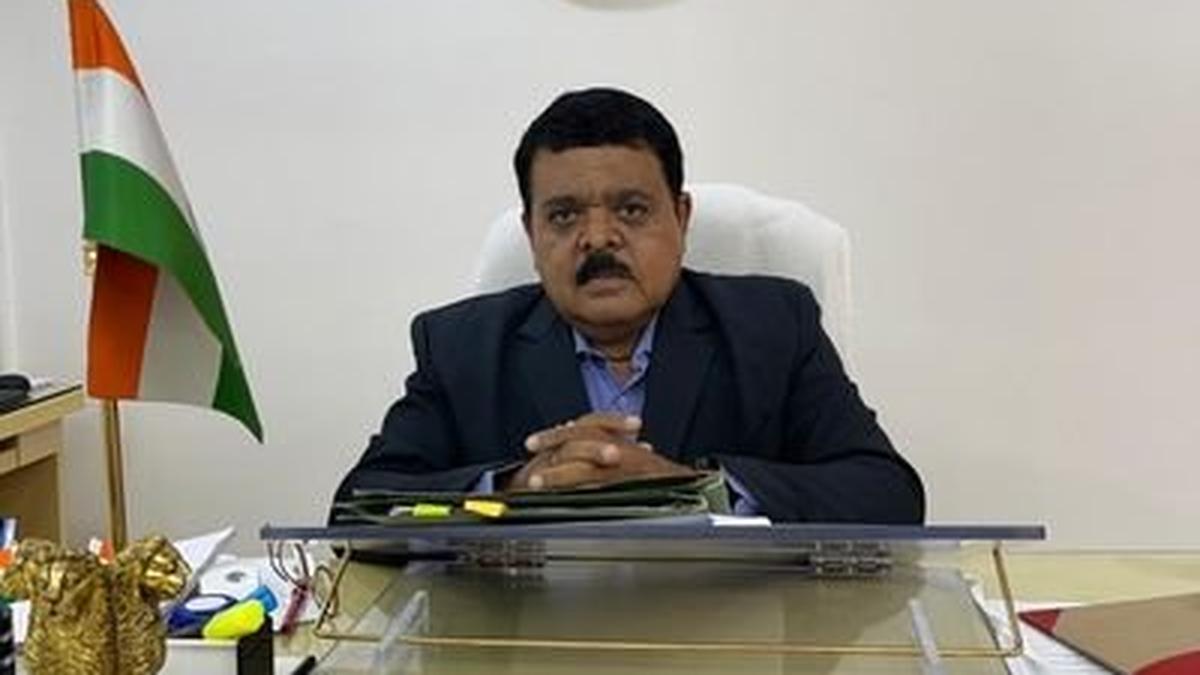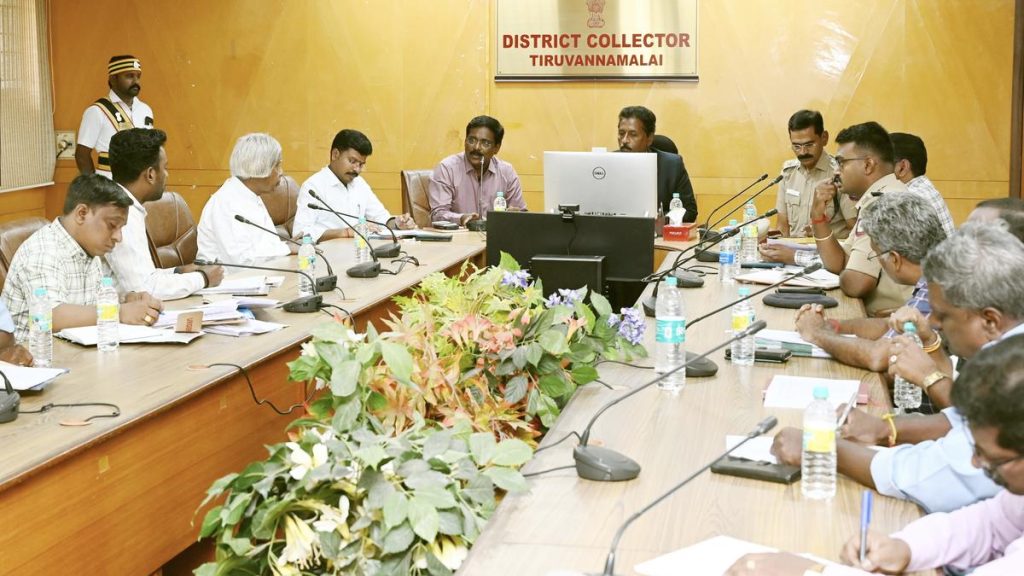Now Reading: Odisha Information Commission Suspends RTI Applicant for One Year
-
01
Odisha Information Commission Suspends RTI Applicant for One Year
Odisha Information Commission Suspends RTI Applicant for One Year

quick Summary
- The Odisha State Information Commissioner (SIC), Susanta Kumar Mohanty, has barred RTI activist Chittaranjan Sethy from filing any RTI applications with the commission for one year starting September 13, 2025.
- Mr. Sethy reportedly filed 61 cases in 2023 against Meteipur Panchayat and Nimapara Block, seeking detailed month-wise and year-wise information, which SIC deemed repetitive and burdensome for public authorities.
- The order allows Mr.Sethy to file onyl up to 12 RTI applications per calendar year before public authorities going forward.
- SIC claimed Sethy’s actions were an abuse of the RTI Act meant to harass public officials rather than serve genuine public interest; over 383 cases from him remain pending at the state commission as of June 2025.
- Activists expressed concerns about the decision, arguing it penalizes citizens rather of holding Public Information Officers accountable for denying information.
Indian Opinion Analysis
This case raises critical questions about balancing clarity laws under India’s Right To Information Act with bureaucratic efficiency. On one hand, repetitive or excessive queries could strain limited administrative resources; on the other hand, prohibiting an activist’s access-especially when complaints often originate from allegedly denied requests-might undermine citizens’ rights to governmental accountability.
The SIC’s stance has drawn criticism for focusing on limiting inquiry volume rather than addressing systemic inefficiencies within Odisha’s RTI framework. Advocates like Pradip Pradhan point out that fault should ideally lie with Public Information Officers who did not adequately address initial queries as intended under law-potentially leading Mr.sethy’s perceived grievances piling into appeals.
Fundamentally, this ruling could set a notable precedent nationwide regarding boundaries for citizen engagement via rtis while raising vital issues around whether legal mechanisms fairly enforce transparency principles in practice.
Read more: The Hindu

























